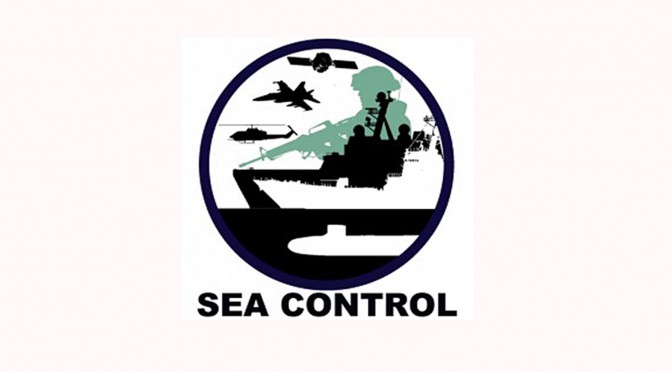 Jon Paris joins us to discuss his article, The Virtue of Being a Generalist, Part 1: A Day in the Life of Sub Lieutenant Snodgrass. We compare the Royal Navy and US Navy processes of creating officers for their surface fleet, the nature of being a maritime “professional,” improvements for the American model, and generally gab on for about 36 minutes.
Jon Paris joins us to discuss his article, The Virtue of Being a Generalist, Part 1: A Day in the Life of Sub Lieutenant Snodgrass. We compare the Royal Navy and US Navy processes of creating officers for their surface fleet, the nature of being a maritime “professional,” improvements for the American model, and generally gab on for about 36 minutes.
DOWNLOAD: British and American Surface Warfare Officers
We are available on Itunes, Stitcher Stream Radio, etc… Remeber to subscribe, leave a comment and a 5-star rating.


Interesting discussion. A few thoughts:
– On professionalism, you may need to define this. If your argument is that SWO Training should be revised because it doesn’t create professionals, then you need to explain to me what, in your opinion, a professional should look like. Like him or not, the previous JCS was a SWO…which would seem to indicate that our civilian leadership and fellow military officers were somehow unable to distinguish between a professional and an amateur. Also worth noting that as a YG 68 guy, he didn’t even receive formal SWO Basic training. One data point doesn’t invalidate your argument, but I’d like to better understand what you think a Pro looks like.
– No standard training/career track. Of course we have one, it’s in SWO and TAO PQS and the Command Qual Instruction, not to mention the many aspects of afloat jobs contained in the SORM. Because you don’t think the process is very good doesn’t change the fact that one is there. I agree with you that it should and can be better.
– What do you think we should be creating with our training? Qualified DIVO? Future DH? Future CO? Future Admiral? SWO qualification is one small part of a career as a SWO and in the context of a continuum of training, talking about how we create a SWO isn’t enough; you have to look at what you are ultimately aiming for and how it will serve the national strategy (let’s assume that there is one), our maritime strategy, our desires as a Navy, and maybe even how a Sailor looks to the American public.
Your seniors had (and continue to have) this same discussion. Many arrive at the same conclusions, and many of them have been in positions to make major changes. The question I ask myself is why did good people, smart people, confronted with this issue…make the decisions that they did? Is it because they were malicious? Highly doubtful. It’s very hard to even arrive remotely in the same place amongst a group of professionals when you ask them to define what right looks like when it comes to training….much less career paths.
Good discussion, keep wrestling with it!